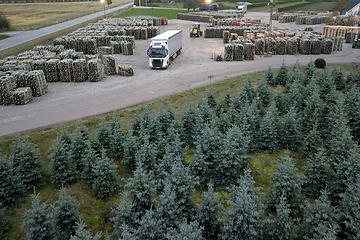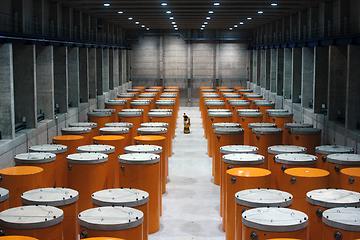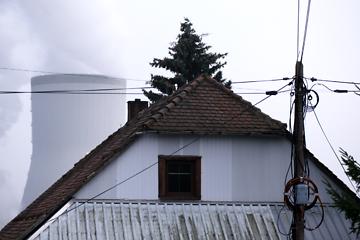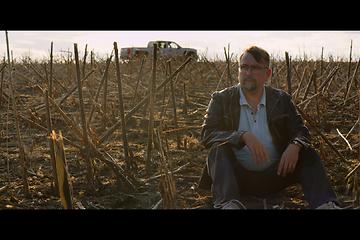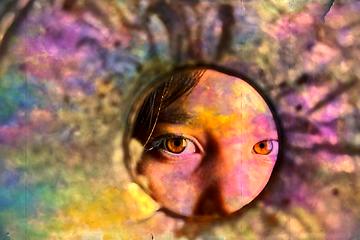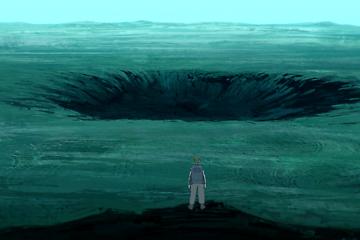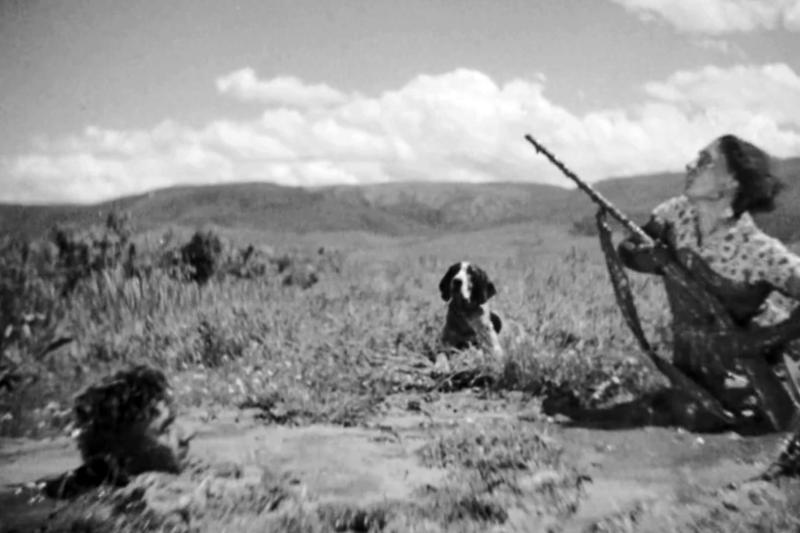
Ujmuri
Cheerless

Nutsa Gogoberidze’s silent film “Ujmuri” not only marked the beginning of female filmmaking in Georgia, but also the first attempt of a female filmmaker to promote awareness of environmental issues. The region on the Black Sea coast, once known as the land of the Golden Fleece and the Kingdom of Colchis, is today nothing more than a decrepit swampland. The water quite literally stands in the way of all human endeavours aimed at progress. Yet can a Soviet modernisation project initiate the necessary changes? Can myth and the cycle of nature give way to the idea of progress? An alternating cinematic narrative comes into being that, with its formidable characters, presented via means of contrast montage, brings forth impressive imagery whilst taking on a tradition-forming function.
Text: Irine Beridze
English: Peter Rickerby
Glad-House,: original version with English subtitles + German simultaneous translation
Event information:
SlowTalk on ECOEAST
Thu Nov 10, 7∶30 pm | Slow, Glad House.
This new section at FFC discusses ecological issues and the impact of encroachment on nature and the landscape on social interaction. This year, ten films show how Georgian director*s between1934 and today deal with the issue. In "Slow" the filmmakers and experts talk about the interactions between ecology and society, industrialization and protest culture, and the role of film as a medium in the sustainability debate.
Nutsa Gogoberidze
Shalva Apaqidze
Mikheil Gotsiridze
Nutsa Gogoberidze -
